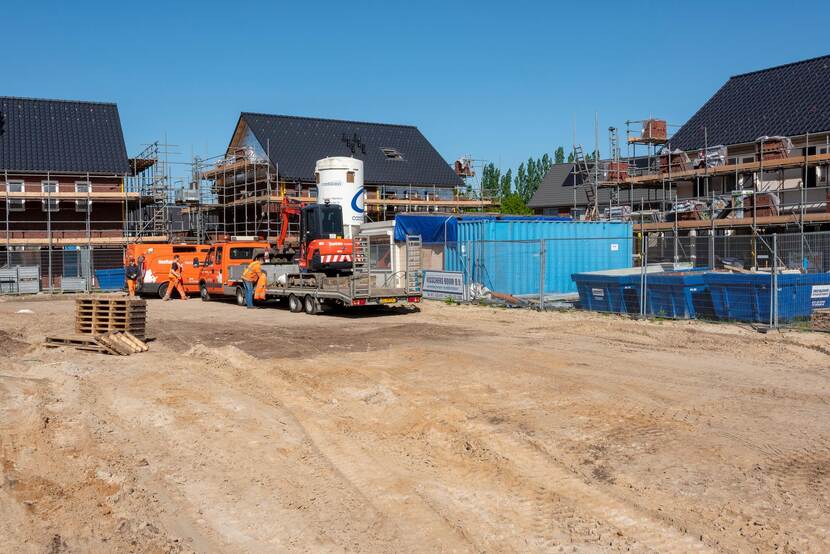Netherlands Environmental Assessment Agency presents background study to WRR Uncertainty and Social Discontent research study
This week saw the publication of the Wonen en gevoelens van onbehagen (Housing and Feelings of Social Discontent) study by the Netherlands Environmental Assessment Agency (PBL). It is a contribution to a wider study into uncertainty and social discontent, carried out by the WRR. The PBL notes that as long as no new homes are built in large numbers, a significant proportion of households in the Netherlands will continue to encounter problems finding, or being able to afford, a suitable home. According to the agency, the current housing benefit and income ceiling policy instruments do not really help resolve these problems.
About the WRR study
There have been concerns about social discontent for many years now, and the theme of uncertainly is high up on the political agenda. In recent decades, people appear to have become increasingly uncertain about many aspects of their lives. Permanent employment contracts are less and less common, the social safety net has become threadbare, pensions are losing their value and student grants have been replaced by loans, all while the socio-cultural climate in many areas is changing and the government requires citizens to be more ‘self-reliant’.
The WRR examines one of the possible causes of social discontent: a lack of balance between uncertainty (‘precariousness’) and control. This cause has not been the focus of much research until now. How do feelings of uncertainty and the need for control contribute to a general sense of social discontent? And what does this mean in terms of options for combatting this social discontent? These are the key questions in this project. The WRR is using the insights from the PBL study in a report on this topic.
